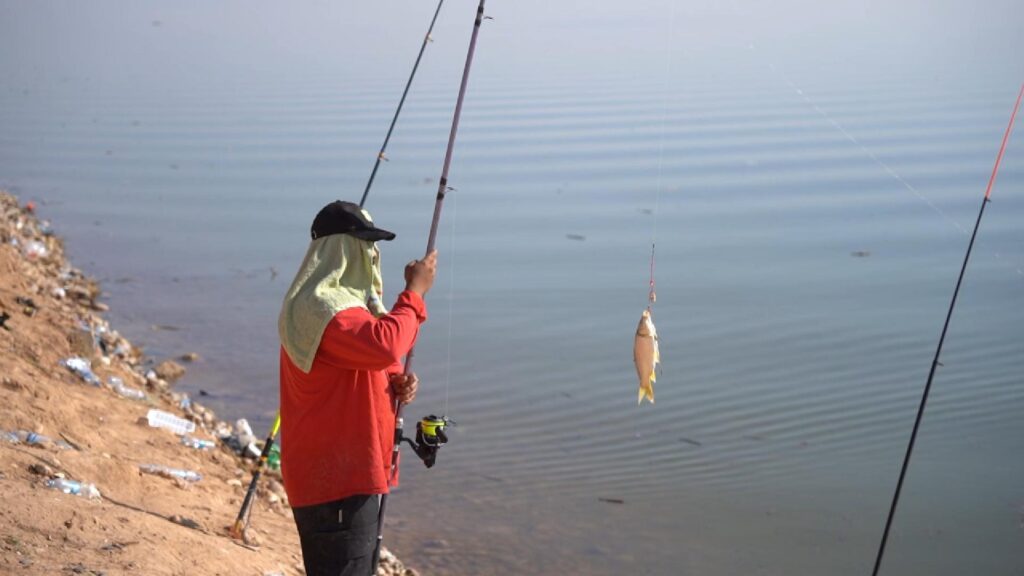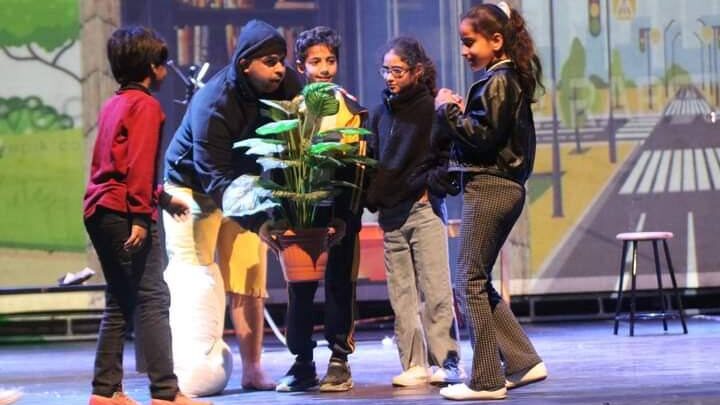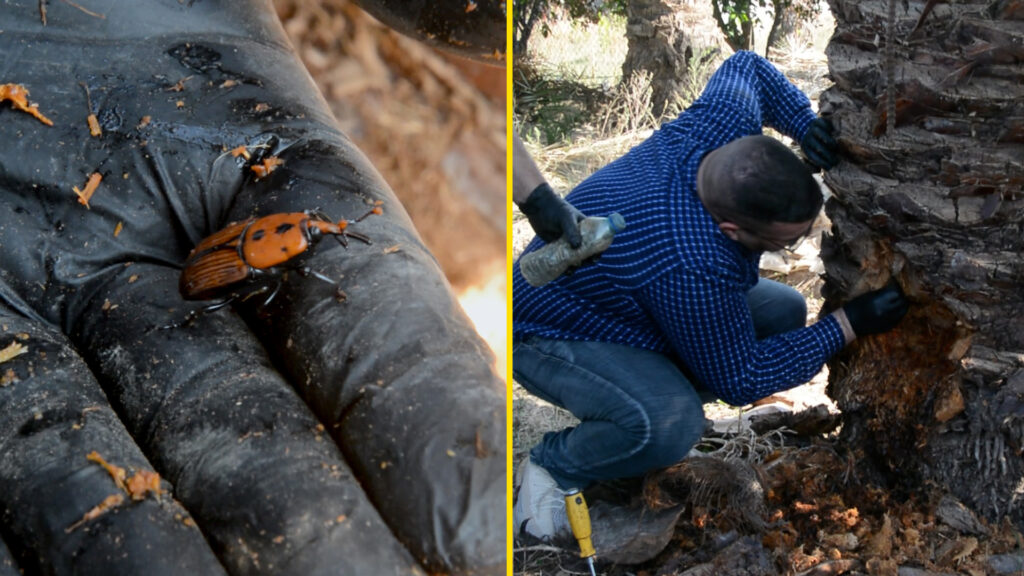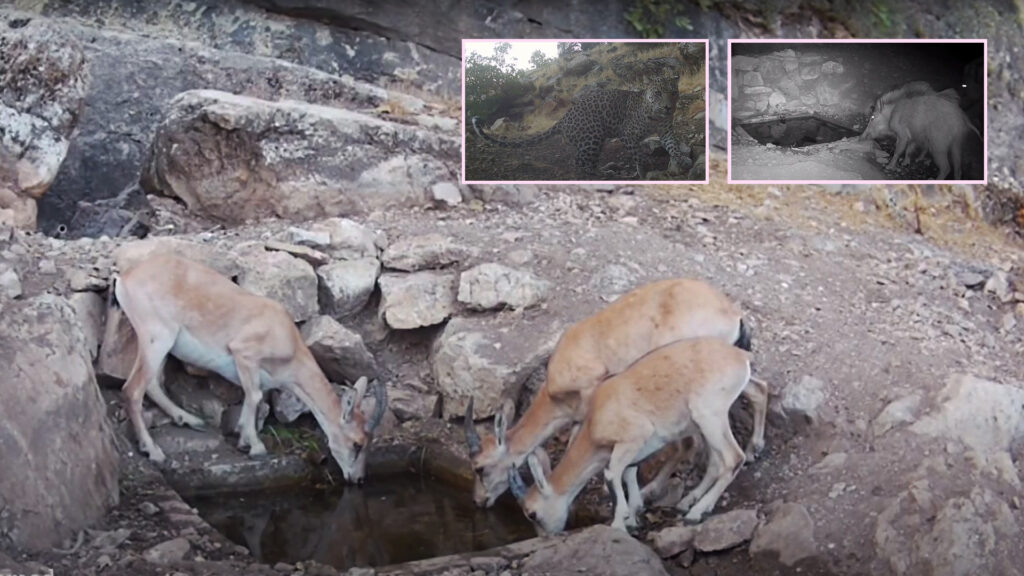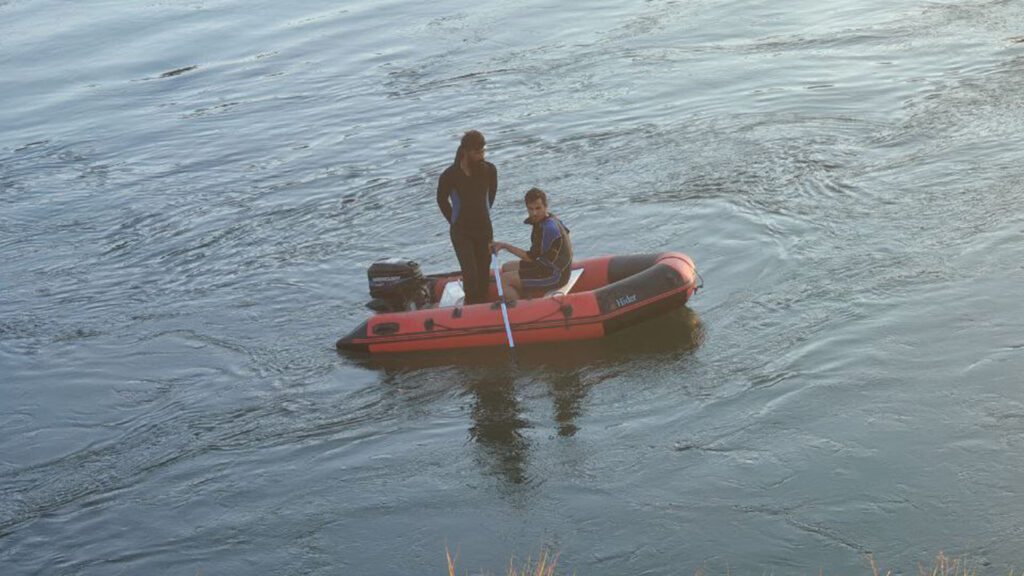Photos: Distinctive Ramadan rituals in Mosul, northern Iraq

Mosul, Iraq – In this northern Iraqi city, Ramadan is said to have a flavour different from anywhere else in Iraq.
A few days before the beginning of the holy month, people start going to the markets to prepare for the days of fast. The oldest and most prominent of these is Bab al-Saray in old Mosul.
?Muhammad Ghanem, 42, owns a spice shop at al-Attarin market in Bab al-Saray. Markets are always busier in Ramadan as people prepare to put on big family meals, he tells Al Jazeera.
“The other thing about this market that attracts people is that people can find everything they need here, including clothes, food, household items, and everything at cheap prices compared to other markets. Even people from neighbouring cities come to this market to shop during Ramadan.”
A Mosul Ramadan speciality is raisin juice, made with the best raisins from the mountains of Iraq’s Kurdish region as well as fresh mint.
Masaharati, or al-masharaji in the Iraqi dialect, is another Ramadan feature. This folkloric occupation is practised only during the holy month, as a man walks through the alleyways of the old city and beats his drum, calling loudly to fasting folk to wake up and have their suhoor meal before a day of fasting begins. The masaharati features in Ramadan in a number of other Muslim countries as well.
Ghufran Thamer, a 31-year-old Mosuli, is roaming the alleys of old Mosul to wake people up for the sixth year in a row. He was the first to restore this Mosuli heritage after the city was liberated from the ISIL (ISIS) armed group.
Another popular figure the people of Mosul love is the hakawati, or storyteller, who first appeared during the Ottoman era, sitting in public spaces to tell stories to passers-by who would stop and gather around to listen.
He tells old stories he heard from his parents and grandparents, or stories someone wrote for him, or stories he writes himself, but all of them are a source of wisdom and life lessons.

